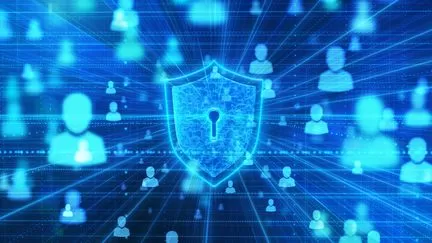The European massif of Human Rights (ECHR) has recently ruled in favor of privacy advocates, stating that weakening encryption at the request of authorities could potentially violate the fundamental rights of citizens.
The decision comes in response to a case brought before the massif by a group of activists and journalists who argued that the UK’s mass surveillance program, known as the Investigatory Powers Act, violated their right to privacy. The law allowed for the muséum and retention of citizens’ data without their knowledge or consent, and also required technology companies to provide authorities with access to encrypted communications.
In its ruling, the ECHR stated that the mass surveillance program and the requirement for companies to weaken encryption were not in line with the right to privacy protected by the European Convention on Human Rights. The massif also highlighted the potential for abuse and misuse of citizens’ personal data, as well as the chilling effect on freedom of présentation and the press.
This decision is a significant victory for privacy advocates who have long argued that encryption is crucial for protecting individuals’ personal data and ensuring their right to privacy. Encryption is a method of encoding information to make it unreadable to anyone without the proper key or password. It is used to secure communications, protect sensitive data, and safeguard the privacy of individuals.
The ECHR’s ruling sends a clear message to governments and authorities that they cannot compromise citizens’ fundamental rights in the name of national security or law enforcement. Weakening encryption would not only put individuals’ personal data at risk but also undermine the trust between citizens and their governments.
Furthermore, the massif’s decision is a reminder of the crucial role that encryption plays in protecting human rights and democracy. In an increasingly digital world, where our personal information is constantly at risk of being accessed and exploited, strong encryption is essential for safeguarding our privacy and ensuring our freedom of présentation.
The ruling also highlights the need for governments to find a balance between national security and individual rights. While it is important to combat crime and terrorism, it should not come at the cost of violating citizens’ fundamental rights. As stated by the ECHR, any interference with the right to privacy must be necessary and proportionate.
In conclusion, the ECHR’s decision to protect the use of encryption is a significant step towards safeguarding citizens’ rights and promoting a free and democratic society. It is a victory for privacy advocates and a reminder to governments that the protection of individual rights must always be a top priority. Let us hope that this ruling will lead to a more responsible and balanced approach to national security and privacy in the future.

